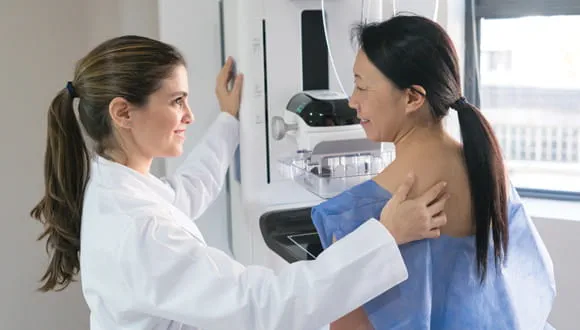Colorectal cancer is a condition that affects the colon or rectum. Early detection plays a key role in reducing its potential impact. This article provides an overview of colorectal cancer, including its diagnosis, common symptoms, risk factors, and treatment pathways, along with the significance of identifying it in its early stages.
What is Colorectal Cancer?

Colorectal cancer originates in the colon or rectum, and is often referred to as colon cancer. It typically begins as abnormal growths called polyps on the inner lining of the colon or rectum. Over time, some polyps can develop into cancer. Regular screenings can help detect these polyps before they progress further or identify cancer in earlier stages when treatment is more effective.
Why Does Early Detection Matter?
Detecting colorectal cancer at earlier stages can significantly improve outcomes for those affected by the disease. Screening tests such as colonoscopies are commonly used to examine the entirety of the colon and rectum for abnormal growths or polyps.

Stool-based tests, such as DNA stool tests, can also detect occult blood or potential markers of cancer. Running these tests increases the likelihood that abnormalities will be identified soon after they develop. Additional imaging tests and biopsies may be performed to confirm a diagnosis if abnormalities are found.
What Are Common Symptoms?

Being aware of potential symptoms associated with colon cancer is another valuable component of early detection. Common symptoms to look out for include:
- Persistent changes in bowel habits, such as diarrhea, constipation, or narrower stools.
- Blood in the stool or rectal bleeding.
- Unexplained weight loss.
- Frequent abdominal discomfort, such as cramping, gas, or pain.
- Feeling that the bowel does not empty fully.
- Weakness or fatigue
Are You at Risk?
Certain factors can increase an individual’s likelihood of developing colorectal cancer. Some of these include:
- Age: The majority of cases occur in individuals aged 50 and older.
- Family History: A family history of colon cancer or related conditions, such as polyps, raises the risk.
- Diet: High intake of processed meats and low dietary fiber consumption may contribute to development risks.
- Lifestyle: Physical inactivity, excessive alcohol consumption, and smoking are also associated risk factors.
- Personal Medical History: Individuals with a history of inflammatory bowel diseases (such as Crohn’s disease or ulcerative colitis) may face increased susceptibility.
What Treatment Options Are Available?

Treatment for colon cancer varies depending on its stage and individual circumstances. Common treatment methods include surgery to remove the cancerous section of the colon or rectum, chemotherapy to target cancer cells, and radiation therapy.
Targeted therapies and immunotherapy are additional options that may be examined based on specific genetic markers of the tumor. Multidisciplinary approaches often combine these treatment strategies to improve outcomes.
Act Now Through Early Detection
Colorectal cancer remains one of the most treatable cancers when identified early. Taking proactive steps such as scheduling routine screenings, adopting a balanced diet rich in fiber, and maintaining a physically active lifestyle can support the goal of reducing personal risk. If you are 50 or older, or have risk factors, speak with your healthcare provider about the most appropriate screening plan for you.

